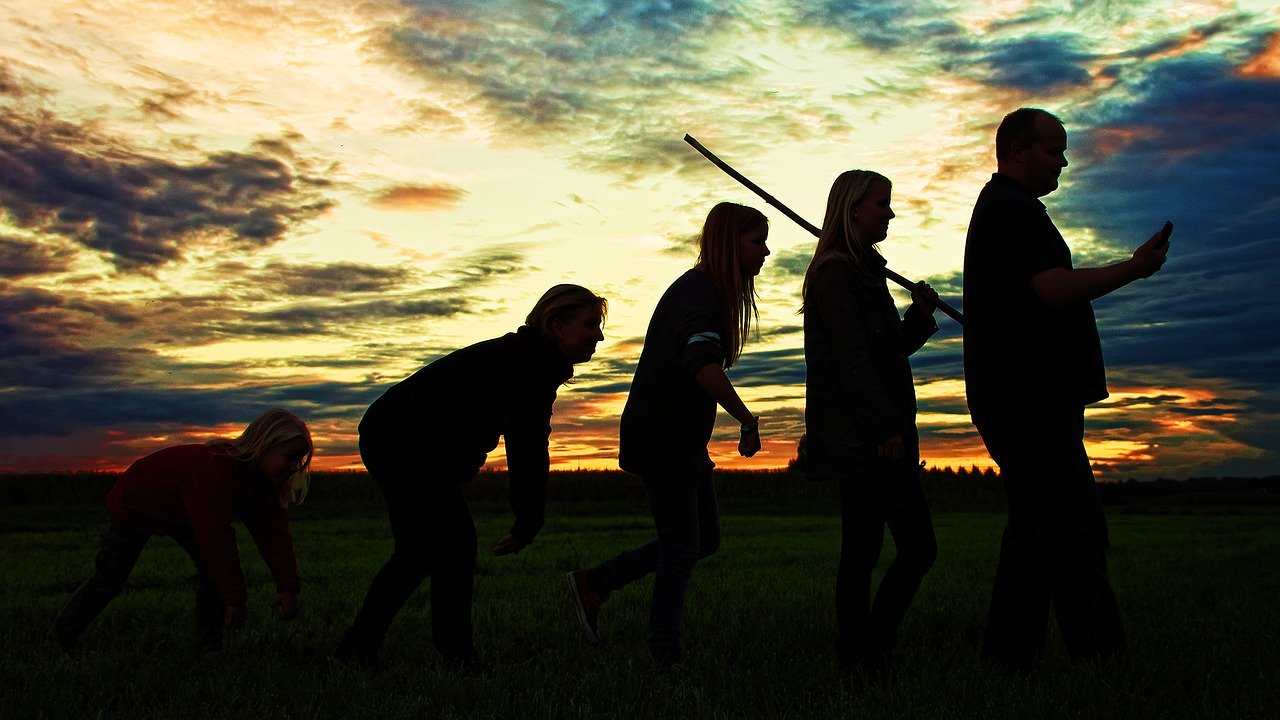A ‘horrid way of feeding’
Pervasive, aggressive, repulsive cannibalism
DOI:
https://doi.org/10.31273/eirj.v7i3.456Keywords:
cannibalism, anthropology, savage, civilisation, colonialism, psychosexualAbstract
Cannibalism both fascinates and repels. The concept of the cannibal has changed and evolved, from the semi- or in-human anthropophagi of Classical texts to the ‘savage’ cannibals of colonial times, whose alleged aberrations served as a justification for invasion, conversion and extermination, to the contemporary cannibal driven often by psychosexual drives. Cannibal texts typically present the act as pervasive, aggressive and repulsive. If these parameters are admitted, alleged cannibals immediately fall outside normative European humanist morality. This paper examines cannibalism as a major delineator of the civilised human. Cannibals offer social scientists a handy milestone to confirm the constant improvement and progress of humanity. The idea that colonised peoples were not savage, degenerate cannibals threatens the concept of the ‘Great Chain of Being’, which was assumed to show an inexorable progress from plants to animals to humans, and upward toward the divine, led by enlightened Western civilisation. But cannibal mythology, factual or imaginary, offers an opportunity to re-evaluate the assumptions of human supremacism and see ourselves as edible, natural beings.
Downloads

Downloads
Published
Issue
Section
License
Authors who publish with this journal agree to the following terms:
Authors retain copyright and grant the journal right of first publication with the work simultaneously licensed under a Creative Commons Attribution License (CC-BY), which permits use and redistribution of the work provided that the original author and source are credited, a link to the license is included, and an indication of changes which were made. Third-party users may not apply legal terms or technological measures to the published article which legally restrict others from doing anything the license permits.
If accepted for publication authors’ work will be made open access and distributed under a Creative Commons Attribution (CC-BY) license unless previously agreed with Exchanges’ Editor-in-Chief prior to submission.
Authors are able to enter into separate, additional contractual arrangements for the non-exclusive distribution of the journal's published version of the work (e.g., post it to an institutional repository or publish it in a book), with an acknowledgement of its initial publication in this journal.
Authors are permitted and encouraged to post their work online (e.g., in institutional repositories or on their website) prior to and during the submission process, as it can lead to productive exchanges, as well as earlier and greater citation of published work. (see: The Effect of Open Access)
